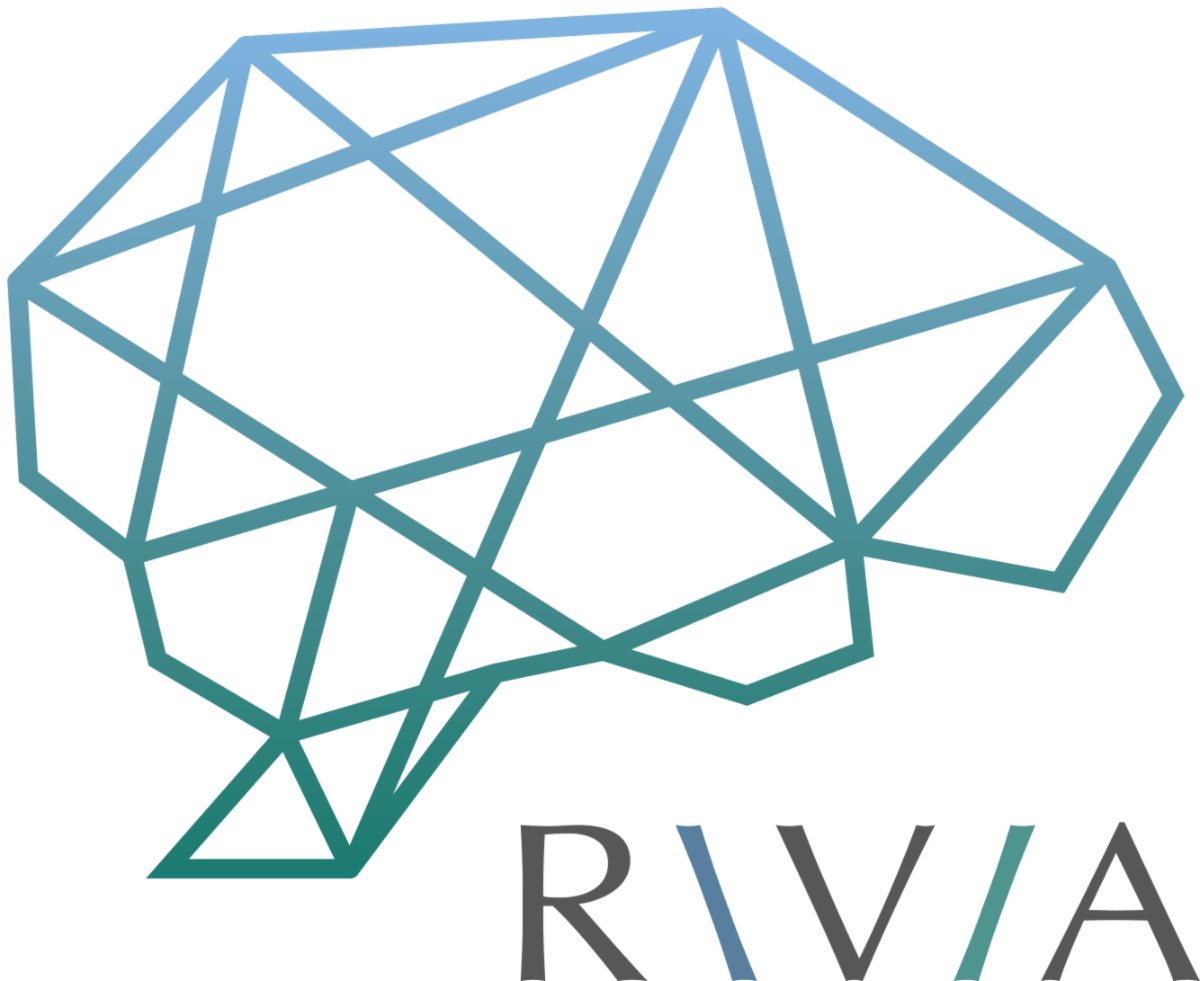Menu
Dual diagnosis, also known as co-occurring disorders, refers to the presence of both a mental health condition and substance use disorder in an individual. This complex interplay can significantly impact one’s well-being, often requiring specialized care to address both aspects effectively.
The development of co-occurring disorders can be influenced by various factors:
Symptoms of co-occurring disorders may encompass a wide range of emotional, behavioral, and physical manifestations:
Accurate diagnosis involves:
Co-occurring disorders involve complex interactions within the brain, affecting neurotransmitter activity and emotional regulation.
Individuals with a family history of mental health conditions or substance use disorders, as well as those who have experienced trauma, may be at higher risk.
Untreated co-occurring disorders can lead to worsened mental health symptoms, increased risk of substance dependence and heightened vulnerability to physical health concerns.
Ongoing research focuses on refining treatment approaches, including personalized interventions and innovative therapies, to effectively address the unique challenges posed by co-occurring disorders.
At Rivia Mind, our compassionate team of providers specializes in the diagnosis and treatment of co-occurring disorders. We understand the complexity of dual diagnosis and are committed to providing comprehensive, personalized care. Whether through therapy, medication management, or integrated treatment programs, we are here to support you on your journey to improved mental health and well-being. Your unique needs and preferences are our top priority, and we look forward to helping you find the best therapy and treatment options that will work best for you.

274 Madison Avenue, Suite 1501, New York, NY 10016
Hours:
Monday – Friday, 8am – 8pm EST, Saturday, 9am – 5pm EST
Email: info@riviamind.com
Tel: (212) 203-1773
Fax: (646) 665-4427
Toll Free: (844) 369-9678
Copyright © 2023 · Rivia Mind · All Rights Reserved


